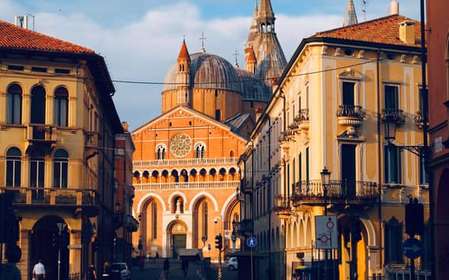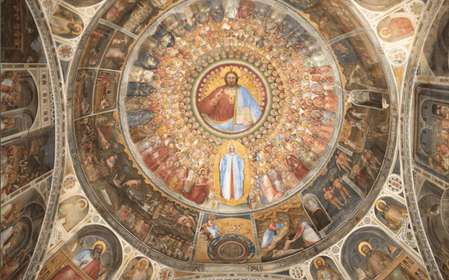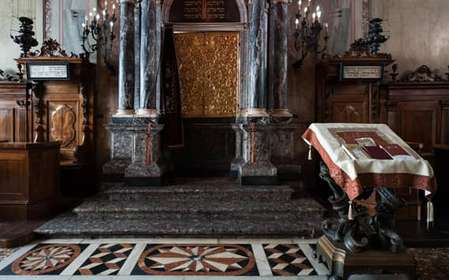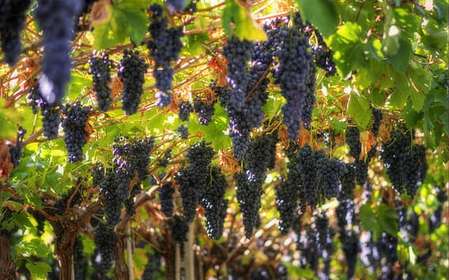- Home
- Useful Tips
- Padua's connection to Petrarch:...
Many travelers overlook Padua's profound connection to Francesco Petrarch, the father of humanism, simply because they don't know where to look. This oversight means missing some of Italy's most culturally rich yet uncrowded sites—a significant loss when 78% of cultural travelers report seeking 'authentic, off-the-beaten-path experiences' (UNESCO Travel Survey, 2023). The challenge lies in identifying which locations genuinely resonate with Petrarch's legacy versus those that merely capitalize on his fame. Without local knowledge, you might wander past unmarked buildings where revolutionary sonnets were composed or gardens that inspired Renaissance thought. The frustration of missed connections is palpable for literature enthusiasts who later realize they stood steps from history without understanding its significance.
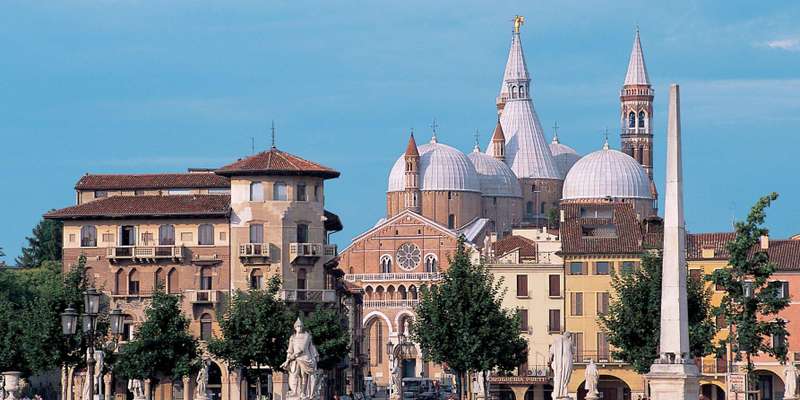

Finding Petrarch's Home: The Hidden Courtyard That Shaped Humanism
Tucked behind Padua's bustling Piazza dei Signori lies the Arquà Petrarca residence, where the poet spent his final years. Unlike typical tourist spots, this 14th-century house retains its original layout, with Petrarch's study and library preserved exactly as he left them. The quiet courtyard, often missed by hurried visitors, features the mulberry tree he planted—a living link to his daily life. Local historians note how the property's orientation toward the Euganean Hills reflects Petrarch's love of nature, a theme central to his works. Morning visits (before 10:30 AM) offer solitary contemplation opportunities, when soft light filters through the same windows that inspired his letters to classical authors. The adjacent museum displays first editions with marginalia in Petrarch's hand, including his personal copy of Virgil's Aeneid.
The University of Padua Debate: Petrarch's Unfinished Legacy
Petrarch's relationship with Padua's prestigious university remains one of literary history's intriguing paradoxes. Though he never formally taught here, his 1370 donation of 60 manuscripts became the nucleus of what's now Europe's second-oldest academic library. The original lecture hall where his ideas were debated (Aula Magna in Palazzo Bo) still hosts events, its walls lined with portraits of scholars he influenced. A little-known fact locals share: the nearby Caffè Pedrocchi became a 19th-century hotspot for Petrarch scholars, where debates over his unfinished Africa epic continue today. For an immersive experience, time your visit with the university's monthly Latin readings of Petrarch's letters—an atmospheric evening event few tourists discover.
Euganean Hills Retreat: The Landscape That Fueled Petrarch's Creativity
The Colli Euganei's volcanic slopes, visible from Petrarch's home, provided the pastoral escape he called 'my Helicon' in letters. Modern travelers can follow his footsteps along the Sentiero Petrarca, a 4-km nature trail connecting Arquà to Monselice. Spring is ideal, when wildflowers bloom as they did in his descriptions. Local winemakers near Teolo maintain vineyards unchanged since the 1300s; their prosecco-and-poetry tastings pair regional wines with recited sonnets. The Abbey of Sant'Antonio in Monteortone, where Petrarch often retreated for meditation, offers twilight tours revealing his favorite frescoes and the hidden grove where he composed 'Ascent of Mont Ventoux.'
Decoding Petrarch's Padua: A Self-Guided Literary Pilgrimage
Creating your own Petrarch itinerary requires understanding three key locations beyond the obvious stops. Start at the Baptistery of Padua Cathedral, where his friend Giotto's fresco cycle informed his views on art. Then, the Palazzo della Ragione's lower loggia—often overlooked—has 14th-century graffiti referencing his civic speeches. Finally, the Orto Botanico (a UNESCO site) cultivates medicinal herbs he studied for his Latin treatise on remedies. Local bookshops like Liberia Pangea sell annotated maps tracing Petrarch's daily walks to these sites. For deeper context, Padua's civic archives (open Tuesday/Thursday mornings) display his property deeds and a 1367 letter complaining about noisy neighbors—a humorous glimpse into his daily life.
